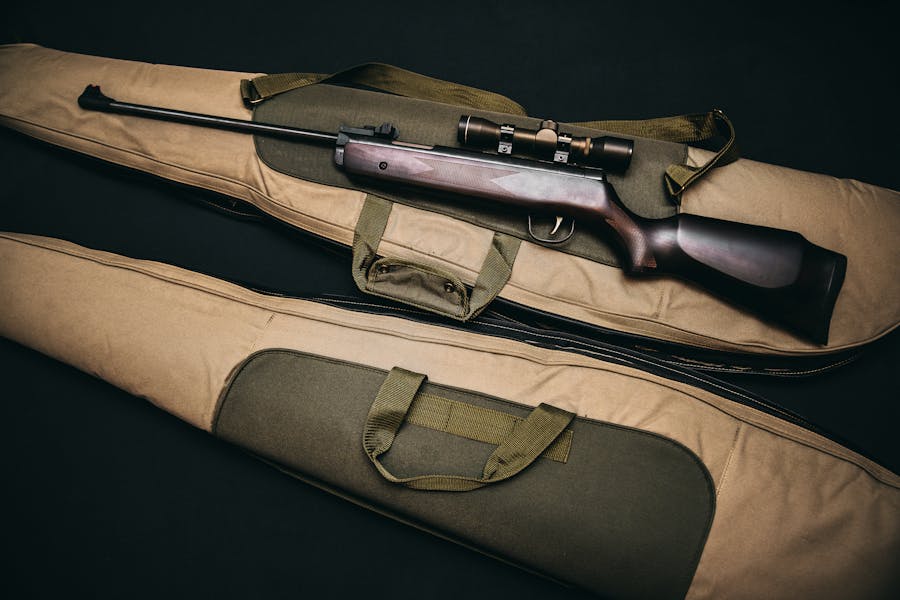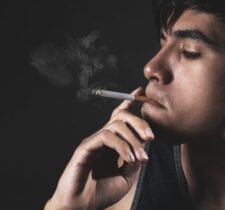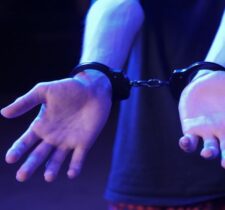Gun control is one of the most polarizing issues in the United States. With each state adopting unique approaches to firearms legislation, understanding which state has the strictest gun laws becomes critical for both policymakers and everyday citizens. Whether you’re a gun rights advocate or pushing for gun reform, knowing where each state stands is essential. In this article, we’ll delve into the nuances of the U.S. firearm legal landscape to identify which state leads in stringent gun policies, why it’s considered the most restrictive, and how these laws impact safety and civil rights.
By exploring legislation details, statistical outcomes, and social perspectives, you’ll gain a comprehensive view of which state has the strictest gun laws. This guide serves not only as an informative piece for researchers and students but also as a resource for families, lawmakers, and activists seeking clarity in a complex area of law and society.
What State Has the Strictest Gun Laws?
California has the strictest gun laws in the United States. With regulations covering background checks, firearm bans, magazine capacity limits, red flag laws, and mandatory waiting periods, the state leads in comprehensive gun control. These policies aim to reduce gun violence and ensure firearm safety.
Why California Has the Most Restrictive Gun Laws in America
California stands at the forefront of firearm legislation, maintaining the most comprehensive and restrictive gun laws in the United States. The state imposes extensive background checks on all firearm sales, including private transfers. This ensures that guns do not end up in the hands of prohibited individuals. In addition to federal standards, California mandates background checks for ammunition purchases, a move rarely seen elsewhere.
California enforces a mandatory 10-day waiting period before a buyer can take possession of a firearm. This cooling-off period allows time for thorough vetting and aims to prevent impulsive acts of violence. Furthermore, the state has a “red flag” law that enables law enforcement or family members to petition courts to temporarily remove firearms from individuals deemed a danger to themselves or others.
The state bans assault weapons, defined based on specific features, and prohibits the sale of high-capacity magazines (those holding more than 10 rounds). Strict storage laws also mandate how firearms must be locked and secured to prevent unauthorized use or access, particularly by children.
California also limits concealed carry permits, issuing them only under stringent conditions. Applicants must demonstrate good cause, undergo extensive background checks, and complete certified training.
These collective measures are backed by data. Studies show California has one of the lowest gun death rates in the U.S., a testament to its strict approach. While critics argue that these laws infringe on Second Amendment rights, proponents highlight public safety and reduced mass shootings as primary benefits.
How Does California Enforce Its Gun Laws?
California is known for having some of the toughest gun laws in the U.S. Here’s how the state actively enforces these regulations across key areas.
Background Checks and Registrations
California mandates universal background checks and requires registration for all firearm sales and transfers. All purchases, including those from private parties or gun shows, must be processed through licensed dealers.
Ammunition Purchase Regulations
The state requires background checks for ammunition purchases, limits bulk buys, and creates databases for ongoing monitoring.
Assault Weapons and Magazine Restrictions
The ban on assault weapons and high-capacity magazines is strictly enforced, with regular checks and seizures by law enforcement if violations are suspected.
Red Flag Laws in Practice
Under California’s Gun Violence Restraining Order system, family, coworkers, and law enforcement can request temporary firearm removal from at-risk individuals.
Firearm Safety and Education Requirements
To own a firearm in California, individuals must pass a written safety test and demonstrate proper firearm handling, further supporting responsible ownership.
Gun Laws That Make California the Strictest State
California stands out as the state with the most comprehensive and restrictive gun control measures in the nation. Its layered regulatory approach includes multiple legal hurdles and proactive enforcement policies that prioritize public safety. Below are the defining regulations that contribute to California’s position as the strictest state when it comes to gun laws.
- Universal Background Checks
Every firearm and ammunition purchase—whether through a licensed dealer, private party, or gun show—requires a background check conducted through the Department of Justice. - Mandatory Waiting Periods
A 10-day waiting period is enforced for all firearm transfers, ensuring ample time for background evaluations and cooling-off periods. - Assault Weapons Ban
California prohibits the sale and possession of certain semi-automatic firearms with military-style features that are classified as assault weapons. - Magazine Capacity Restrictions
High-capacity magazines that hold more than 10 rounds are banned, and possession of such magazines is subject to legal penalties. - Safe Storage Requirements
Gun owners must store firearms in a locked container or use a safety device when the firearm is not in use, especially in households with minors. - Red Flag Laws
Courts may issue Gun Violence Restraining Orders (GVROs) that temporarily remove firearms from individuals deemed a threat to themselves or others. - Concealed Carry Limitations
Concealed carry permits are harder to obtain compared to many other states, with applicants needing to demonstrate “good cause” and pass stringent background checks.
Together, these laws create the most restrictive gun ownership environment in the United States.
When Did California Become a Leader in Gun Control?
California’s journey to becoming the state with the strictest gun laws dates back decades. In 1967, the Mulford Act, signed by then-Governor Ronald Reagan, was a turning point. It banned the open carry of loaded firearms in public places in response to armed patrols conducted by the Black Panther Party.
In the 1980s and 1990s, further legislation came into play, including bans on specific models of assault weapons and greater restrictions on handgun sales. High-profile mass shootings like the 1989 Cleveland Elementary School shooting in Stockton catalyzed legislative momentum, driving more aggressive policies.
In the 2000s and beyond, California continued to lead. The state introduced laws for microstamping (where semi-automatic pistols imprint a code on cartridge casings), strengthened background checks, and limited firearm purchases to one per month. Over time, its cumulative legal framework set the national gold standard in firearm regulation.
These laws have continued to evolve, with each mass shooting or national firearm crisis prompting California lawmakers to tighten existing policies or create new ones. As such, what state has the strictest gun laws remains an answer that continues to reflect both history and present-day reform.
What Makes California Gun Laws the Toughest in the U.S.?
California’s gun laws go beyond the basics, incorporating advanced restrictions and forward-thinking policies. Here’s what makes them the toughest in the U.S.
Extensive Licensing Requirements
Gun buyers and owners must comply with licensing, registration, and testing laws that ensure both eligibility and responsibility.
One-Gun-Per-Month Rule
California law restricts individuals from purchasing more than one handgun or semiautomatic rifle in 30 days.
Limitations on Open Carry
The state bans open carry in nearly all public spaces, reducing the public display of firearms.
Regular Legislative Updates
California frequently updates its gun laws to close loopholes and reflect technological advancements in firearms.
School Zone Restrictions
Gun possession is banned within 1,000 feet of K-12 schools, with very few exceptions.
Firearm Tracing and Microstamping
Advanced tracing laws make it easier to solve crimes involving firearms, requiring manufacturers to integrate microstamping technologies in handguns.
Bottom Line
When asked, “What state has the strictest gun laws?” the answer is clear: California. Through layers of regulation, California has built a complex yet highly structured gun control system that prioritizes public safety. From universal background checks to assault weapon bans and innovative technologies like microstamping, its laws reflect a commitment to reducing gun violence through preventative measures.
While some see these restrictions as overreach, many view California as a model for national reform. By examining this case, we not only understand what state has the strictest gun laws but also how policy can shape the broader national discourse on firearms.
FAQ’s
Why is California considered the strictest state for gun laws?
California enforces multiple layers of firearm control, including universal background checks, red flag laws, and strict licensing, all aimed at reducing gun violence.
How do California’s gun laws compare to other states?
Compared to other states, California’s laws are more comprehensive, often serving as a model for restrictive firearm legislation across the nation.
Does strict gun control in California reduce crime?
Studies show that states like California with stricter laws tend to have lower gun death rates, though critics argue crime is influenced by many factors.
What are some unique gun laws in California?
California mandates microstamping for new handguns, restricts buyers to one gun per month, and requires a firearm safety certificate for all purchasers.
Which states follow California in strict gun control?
States like New York, New Jersey, Massachusetts, and Hawaii also have tough gun laws, but none match California’s broad and evolving restrictions.








